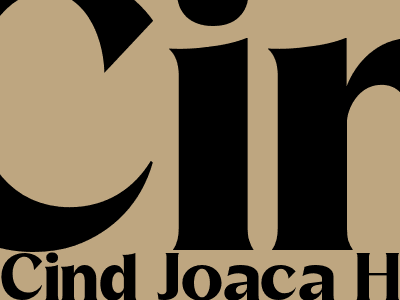SEO 101: Optimizing Your Content for Search Engines
Introduction
Search engine optimization (SEO) is a crucial aspect of online marketing, ensuring that your website appears prominently in search engine results pages (SERPs). By optimizing your content for relevant keywords, you can increase your visibility and drive traffic to your website.
Keyword Research
A cornerstone of SEO is keyword research. Identifying relevant keywords that potential customers are searching for will guide your content strategy. Tools like Google Keyword Planner and Ahrefs provide valuable insights into search volume and competition.
Long-Tail Keywords
Long-tail keywords, which are more specific and less competitive, can be highly effective. Targeting these niche keywords can help you rank for queries that have lower search volume but higher conversion rates.
On-Page Optimization
Once you have identified your target keywords, it's time to optimize your content:
Title Tags
Title tags are displayed in search results and have a significant impact on click-through rates. Keep them concise, informative, and include your primary keyword.
Meta Descriptions
Meta descriptions provide a brief summary of your page's content. While they don't directly influence rankings, they can enhance your SERP snippet and encourage clicks.
Header Tags
Header tags (H1, H2, H3, etc.) break up your content and make it more readable. Use them to highlight important keywords and create a logical structure.
Content Quality
Creating high-quality, informative content is essential for SEO. Provide valuable information that addresses user queries and establishes your website as an authority in your niche.
Off-Page Optimization
Off-page optimization focuses on external factors that improve your website's credibility:
Link Building
Acquiring backlinks from reputable websites is a key ranking factor. Focus on building high-quality links through guest posting, content collaboration, and outreach.
Social Media Marketing
Engaging on social media can amplify your reach and introduce your content to a wider audience. Share your content, engage with followers, and build relationships.
Technical SEO
Technical SEO ensures that your website is technically sound:
Page Speed
Fast-loading pages provide a better user experience and improve rankings. Use tools like Google PageSpeed Insights to optimize your website's speed.
Mobile Optimization
With the rise of mobile browsing, it's essential to ensure your website is mobile-friendly. Use responsive design to adapt your website to different screen sizes.
XML Sitemap
An XML sitemap helps search engines efficiently index your website. Submit it to Google Search Console to ensure all your pages are discovered and crawled.
Conclusion
SEO is an ongoing process that requires continuous optimization. By following these best practices, you can enhance your content's visibility, increase organic traffic, and establish your website as a valuable resource in your industry.

Komentar